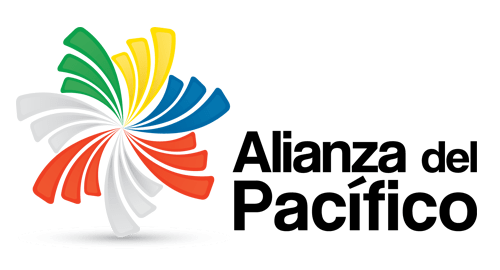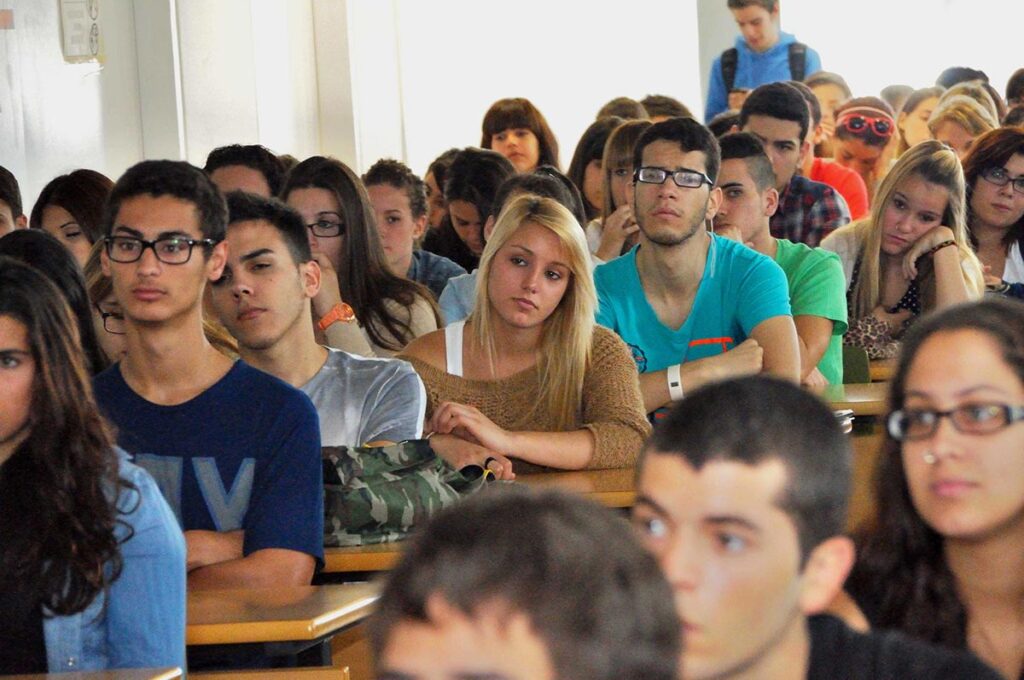The Heads of State of Chile, Michelle Bachelet; of Mexico, Enrique Peña Nieto; and Peru, Ollanta Humala, continued today in Paracas, Peru, with scheduled meetings of the Tenth Summit of the Pacific Alliance. By Colombia participated the Foreign Minister Maria Angela Holguin, and the Minister of Trade , Industry and Tourism Cecilia Alvarez- Correa. The meeting began with a plenary session in which the Council of Ministers discussed the progress of the mechanism since the last Summit in Punta Mita, Mexico, highlighting the issues of regulatory cooperation, trade facilitation, SMEs and Innovation, among others. Subsequently, the Heads of State in joint dialogue, highlighted the important achievements that this mechanism of integration has achieved in its four years of existence; and which are essential to boost productivity and competitiveness of the economies of the four countries. They stressed their determination to advance towards the construction of an area of deep integration to materialize in a greater free movement of goods, services, capital and people.
Then, the leaders proceeded to the signing of the Declaration of Paracas, in which they highlighted the forthcoming entry into force of the Framework Agreement and the progress in the process of improvement of the Additional Protocol and the Agreement Establishing the Cooperation Fund. They expressed their willingness to continue strengthening the bonds of cooperation with the observer states that from this Summit total 42. The 10 new observer states are: Austria, Denmark, Georgia, Greece, Haiti, Hungary, Indonesia, Poland, Sweden and Thailand. With the Declaration of Paracas it was also established the firm intention of the mechanism to advance in the construction of an area of deep integration through initiatives to strengthen the human capital, innovation and entrepreneurship, science and technology, development and internationalization of SMEs, infrastructure, among others, linked to efforts to diversify production and to encourage the construction and participation of our countries and our companies in global value chains.
At a press conference, the heads of state expressed their satisfaction not only for the achievements but also for the commitments made with a view to further progress of the citizens of the Pacific Alliance. Chilean President Michelle Bachelet was pleased to confirm that the Pacific Alliance is one of the most powerful and dynamic instruments of integration, and also highlighted the progress made in education, innovation , entrepreneurship and tourism. Colombia’s Foreign Minister, Maria Angela Holguin, thanked the presidents their solidarity about the dire situation in Colombia wich forced President Juan Manuel Santos to return home. On the other hand, she said that the four countries are committed to a pragmatic and efficient mechanism for integration which improves the quality of life and provides further opportunities for growth to nationals of the Alliance.
The President of Mexico , Enrique Peña Nieto, said that the four countries share the same vision on how to boost development in their countries. He also expressed the need for progress on the four pillars of the mechanism: free movement goods, services, capital and people under the aegis of cooperation, and proposed the creation of a capital fund to support SMEs to achieve their entry into markets Alliance. For his part, the President of Peru, Ollanta Humala, thanked the members of the Alliance for the impulse they have been providing for the integration process, being currently the most dynamic group in Latin America and one of the largest in the world. He also propounded to work in a common proposal on climate change towards COP21 in Paris and called for promoting the constant exchange of experiences between the four countries for the development of their people. Finally, the presidents met with the Business Council, an organization made up by the most representative business associations of the four countries to receive suggestions focused on the improved performance of the Pacific Alliance in economy and trade business associations.
Download here the Declaration of Paracas




